William Hooker | Interview | New Album, ‘Flesh and Bones’
‘Flesh and Bones’ is the latest release from drummer, composer, and poet William Hooker.
The album marks his third full length effort for Org Music, following ‘Big Moon’ (2021) and ‘Symphonie of Flowers’ (2019). Hooker has also referred to the new work as his “Black Lives Suite,” a multi-disciplinary event which uses music and poetry to address the social issues of the times. Recorded at NYU Steinhart Studios, the recording features fellow New York based players Ras Moshe, Charles Burnham, On Davis, Hilliard Greene, and Luke Stewart.
After more than 70 releases as a leader and nearly five decades into his career, William Hooker has solidified his reputation as one of the most unique composers and drummers of his generation, and he continues to explore new territory.
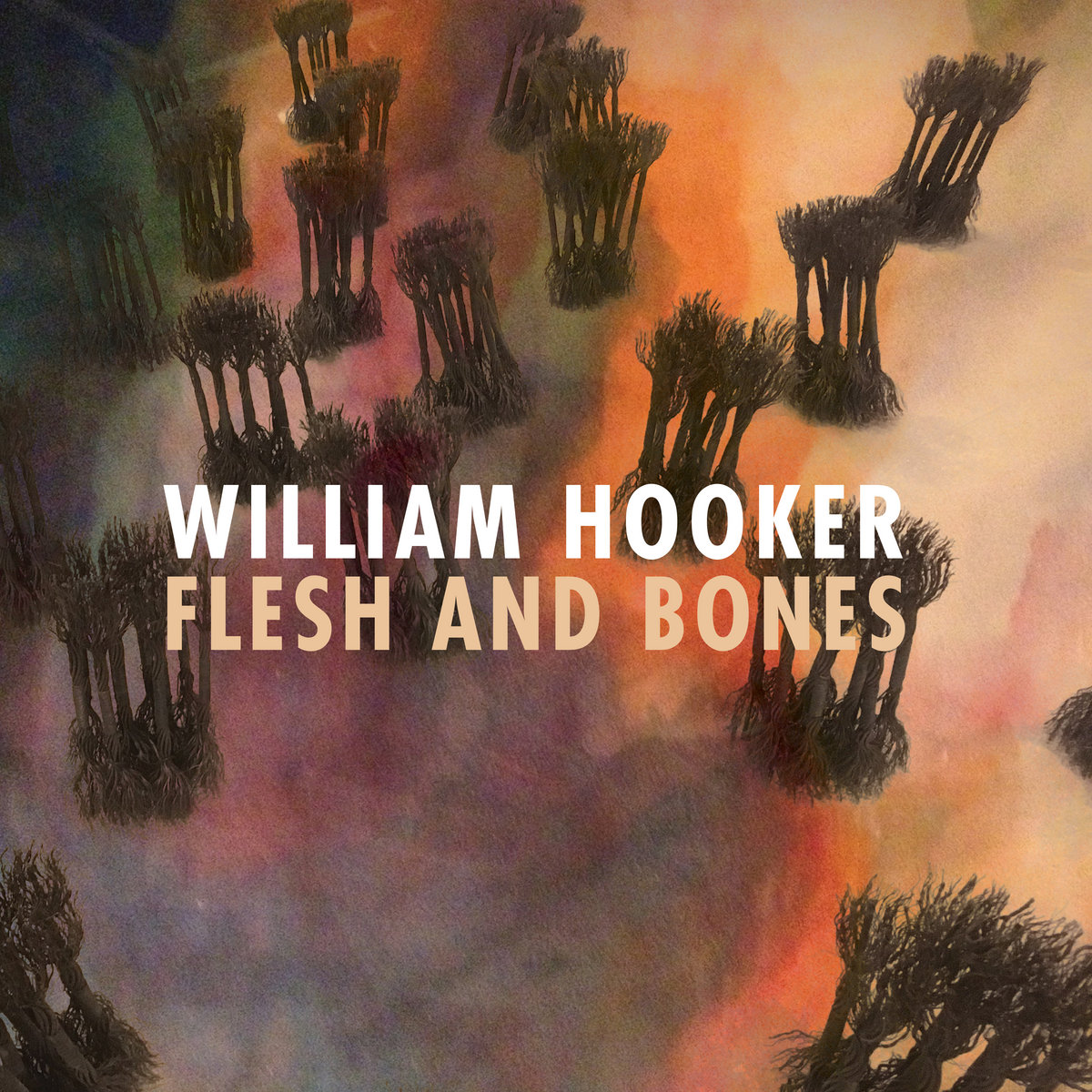
“All my albums have concepts behind them”
It’s really wonderful to have you. We are all excited about the latest album, ‘Flesh and Bones’ which was recently released on LP and CD via Org Music. How much effort went into it?
William Hooker: Really, a lot of effort from myself, the label, the musicians and the studio. We all set out to create something everlasting and beautiful.
Would it be possible to draw parallels to your previous albums, ‘Big Moon’ and Symphonie of Flowers’?
No. There are no parallels. This is a distinct statement with its own purpose and rhyme.
The latest album seems to have a concept behind it. Would love it if you could elaborate on the “Black Lives Suite”.
All my albums have concepts behind them. It just so happened that this music was my reaction to the way that Black People are being treated in America specifically. A few deaths (in that regard) was my impetus.
The album was recorded at NYU Steinhart Studios with Parichat Songmuang. What was it like working with him?
Pari is a woman. A very sensitive engineer and friend. We have worked together on many of my projects at NYU… and I want to continue to do so. We vibe together.
On the album we can hear Ras Moshe, Charles Burnham, On Davis, Hilliard Greene, and Luke Stewart playing with you. How did you originally meet those musicians and what was the energy like in the studio?
The energy was Knee Deep (as the Funkadelic say). It was spiritual, black, hot, new, respectful and on the ONE. A really great experience. I have all of these guys as my friends. Just good people.
It’s quite amazing that you managed to release more than a staggering 70 releases in five decades of being active. Would it be able to pull some of the highlights looking back now.
That is a hard question… As I continue this interview, I will try to elaborate on these experiences because this is not only about music – but my outlook about life in general. I tend to be very optimistic.
I hope you don’t mind if we talk about your early days. What was it like to grow up in New Britain, Connecticut?
Yesterday was the early days… To elaborate on life as a child almost appears mute because this period has been covered in past interviews. I prefer not to go there at this important moment. I hope this does not offend you.
Was there a certain moment in your career when you heard something and thought, “this is it?”
Actually, no. I am always trying to perform in the moment and I often sense that if I have those moments – it is really my ego talking to me. That is a dangerous spot to be in.
What led you to move to California?
Just a restless urge to see something new.
Did you become interested in free jazz?
Not really… I was just trying to experience the presence of my life.
In the following years you moved to New York City and were part of a very interesting phenomenon called the Loft jazz scene. Would love it if you could elaborate what it was like to be in NYC in those days.
I can only give you some words that might explain it. New. Scary. Incomplete. Searching. Present.
How did you first meet David Murray and David S. Ware?
By being in NYC and on the music scene…
You know, your debut album ‘… Is Eternal Life’ is truly a remarkable document of time. Would love it if you could share some words about the overall vision you had when working on it. Where did you record it?
Thanks for the recognition you gave the album. I was really in a spiritual zone that enabled me to create this work and present it to the world.. Many of the ideas and impetus may seem esoteric to some…so this is what I can say about that!
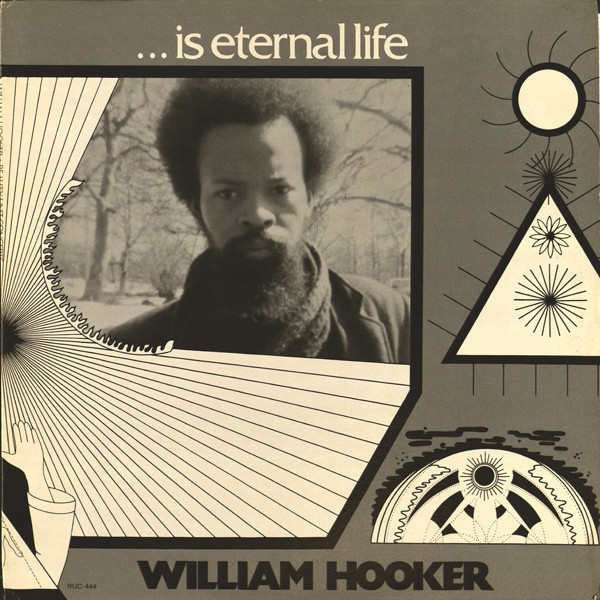
You had David Murray, Mark Miller, David S. Ware, Hasaan Dawkins and Les Goodson on it. Tell us about this lineup.
A beautiful synthesis of the times we were in.
It must have been difficult to survive back then playing this kind of music…
I did a lot of crazy jobs that were really below my education and experience… Does one have to elaborate on this! I prefer not to.
How do you usually approach music making?
I have a method that includes inspiration and thoughtfulness. I try to do all the practical things that make live gigs, recordings and communication a given. I think this has worked for me and has been benefited from.
What runs through your mind when hearing ‘Lifeline’ again?
I have not listened to it for a while… I will – NOW that you mention it.
You also worked with Elliott Sharp and Thurston Moore. How did that come about?
My own desire to play music with these guys.
How would you compare your older material to the latest projects?
I think it is essential not to go there. To those that are interested. Please do not go there. LISTEN!
There’s another side of you – poetry. How did you first get interested in poetry and would you like to elaborate how you approach it in comparison to your music making?
I first got interested in my time in California. It was a very isolated time to start. I like it as an expression and I don’t isolate it in the creative process. It takes time to deal with its tools though.
What are some of the most important players that influenced your own style and what in particular did they employ in their playing that you liked?
There are too many to name and give respect to. For fear that the mind will only relate to those it is acquainted with – I choose not to answer this one with specifics.
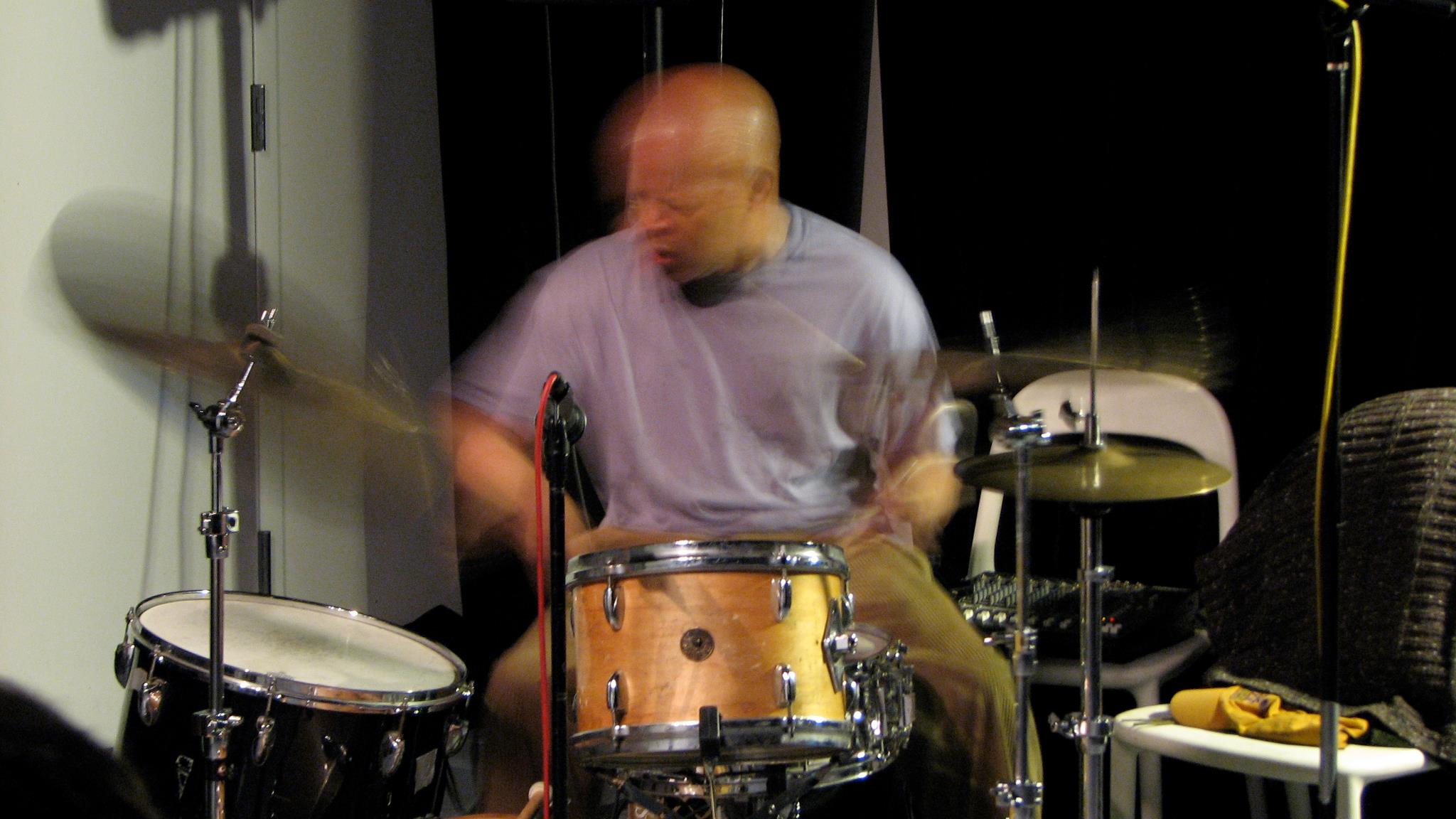
Thank you for taking your time. Last word is yours.
Thanks for listening to my work and researching the many artists involved in this music. I hope to hear from you and I encourage all of you to listen to my latest recording… in total. I think it will satisfy you.
Klemen Breznikar
Headline photo: Donna Hooker
William Hooker Official Website / Facebook / Instagram
Org Music Official Website / Facebook / Instagram / Twitter / Bandcamp / YouTube

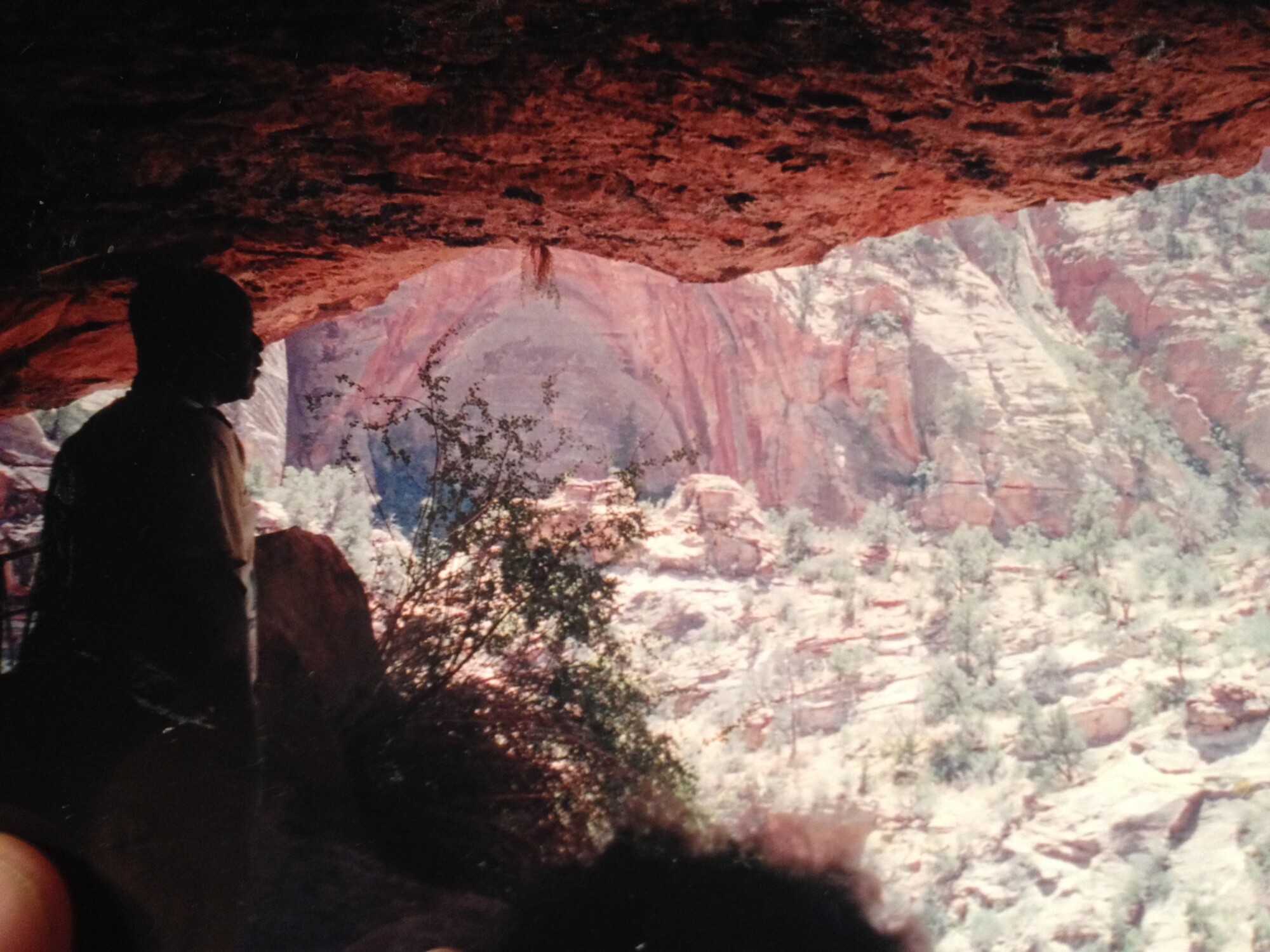
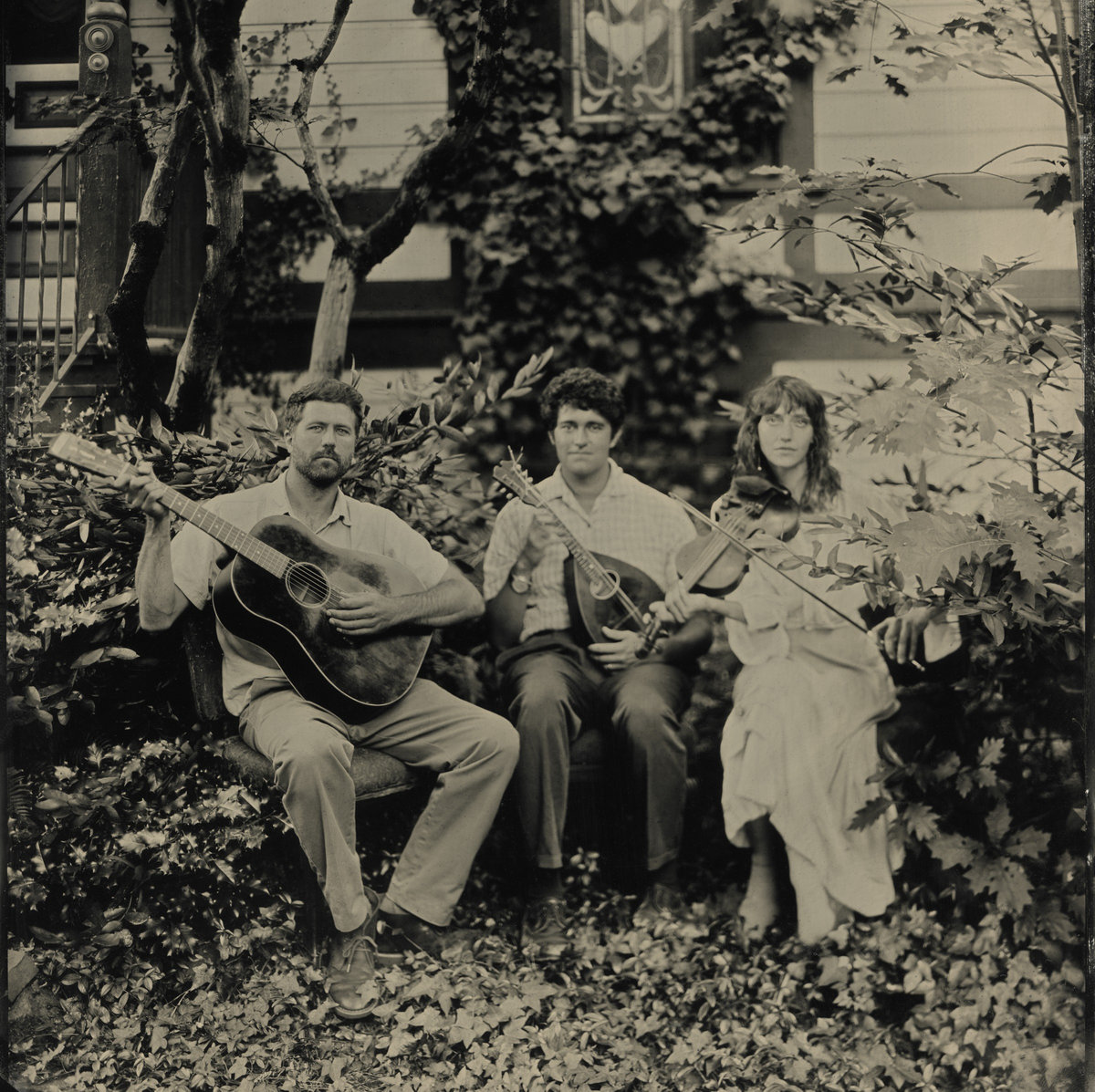
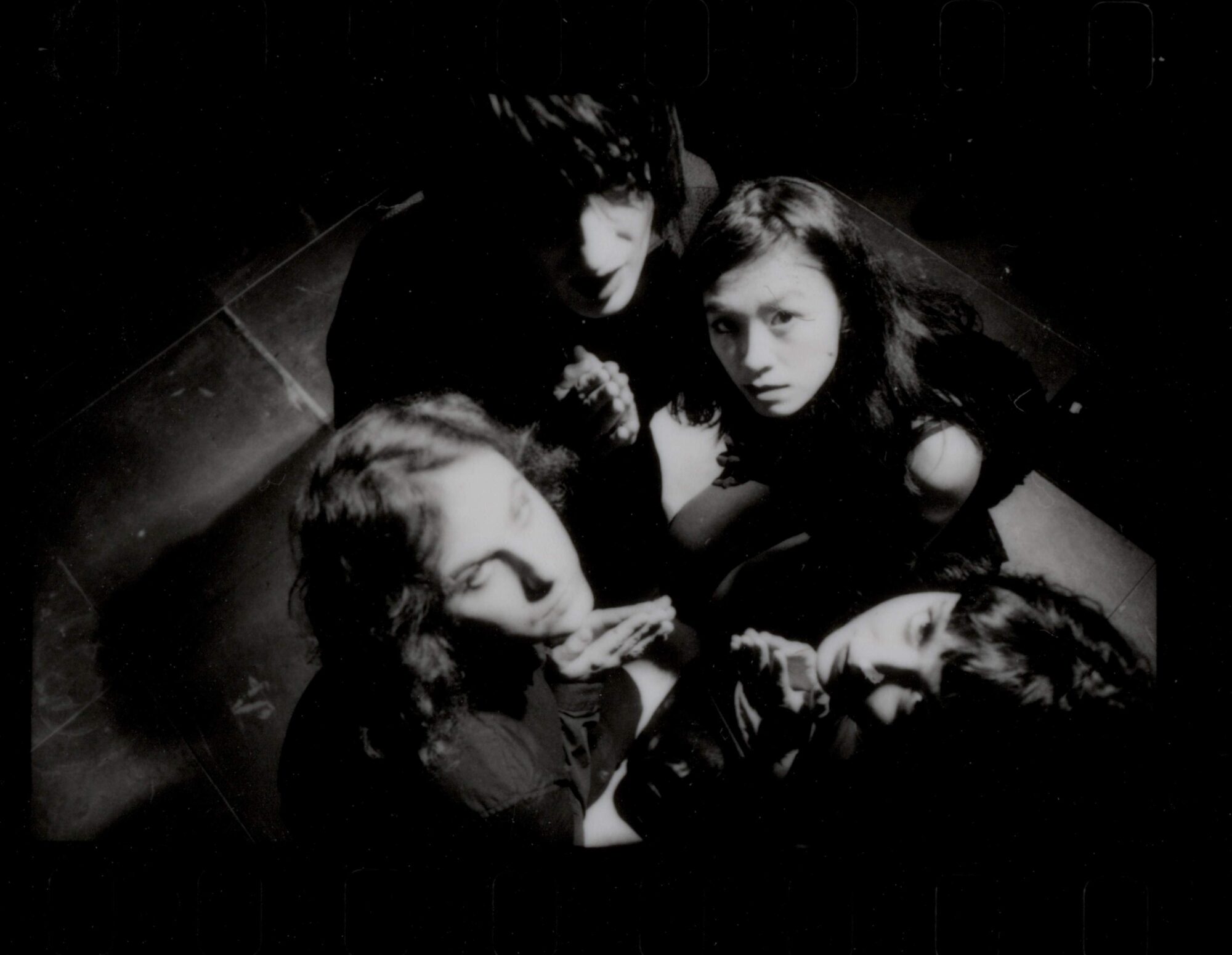
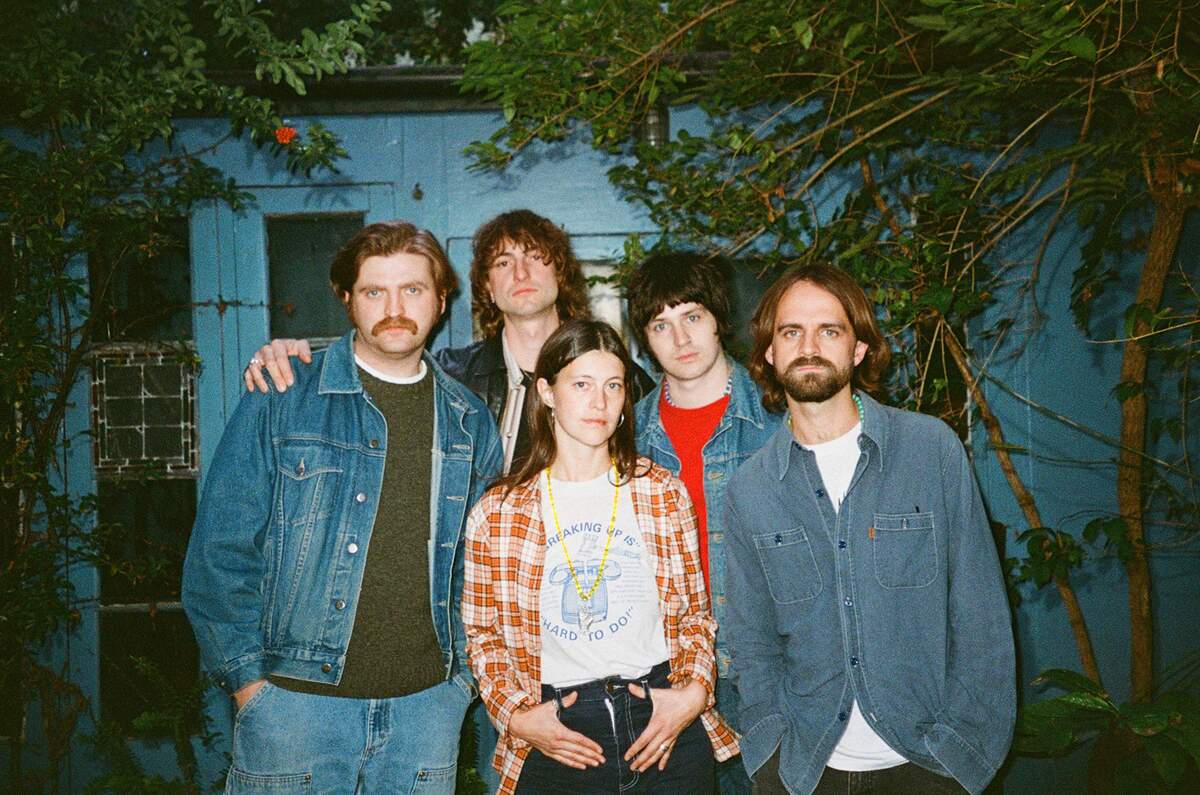
Thank you for the interview and the time spent!